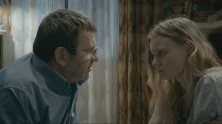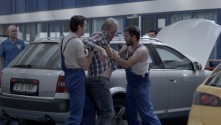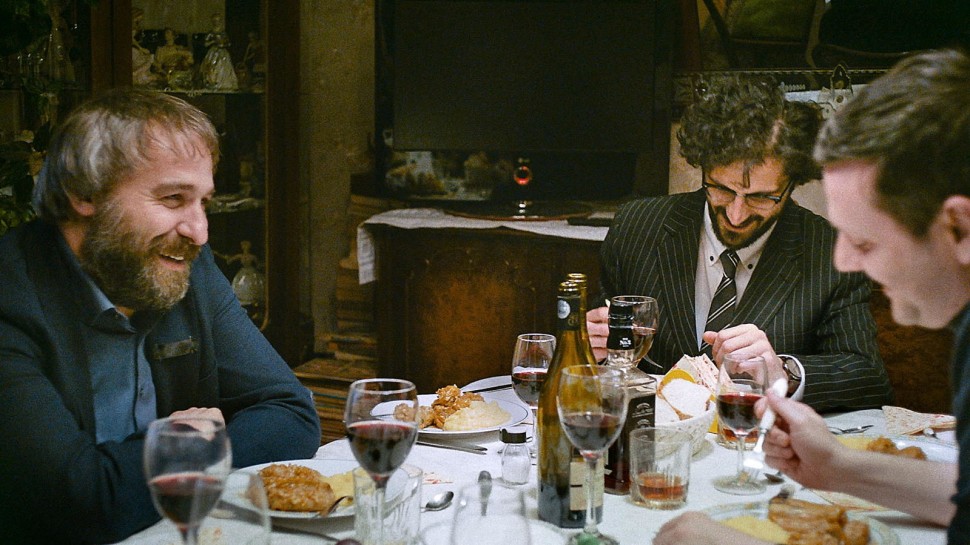
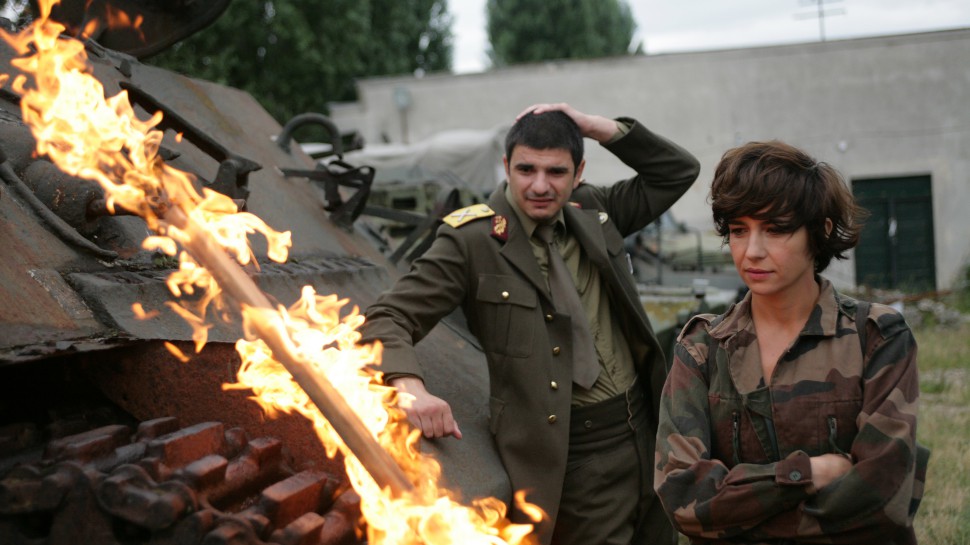
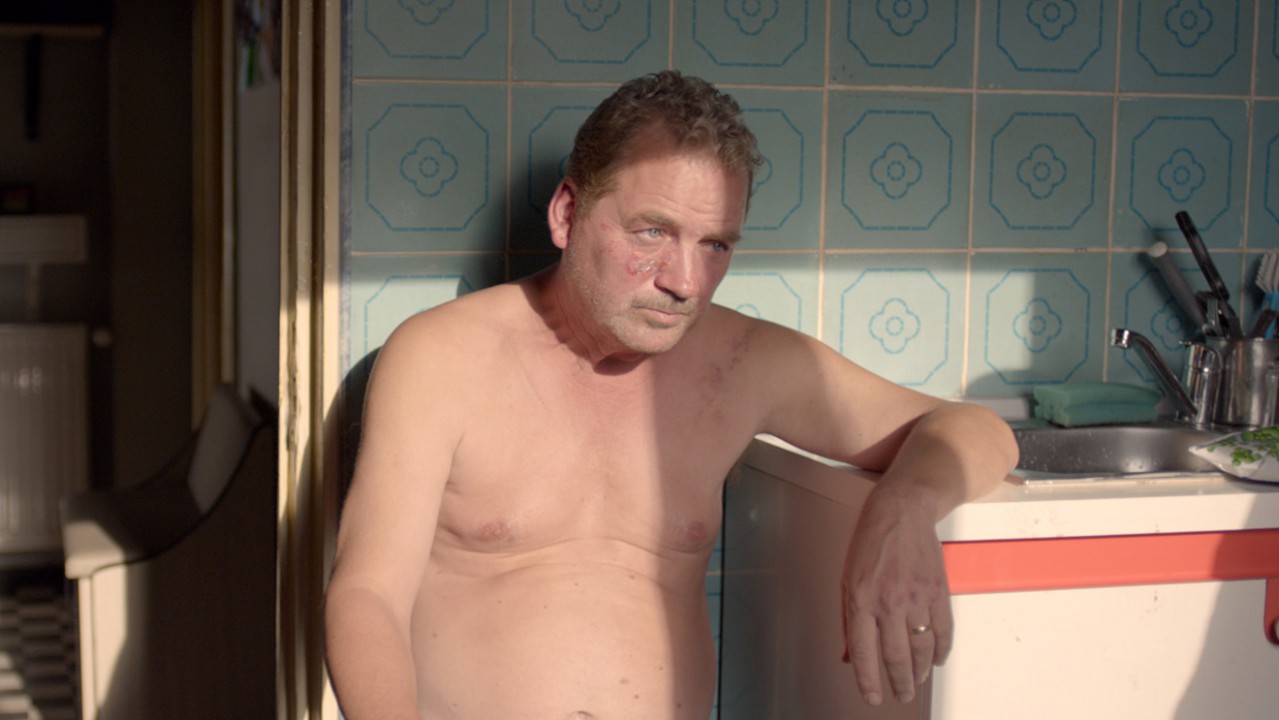
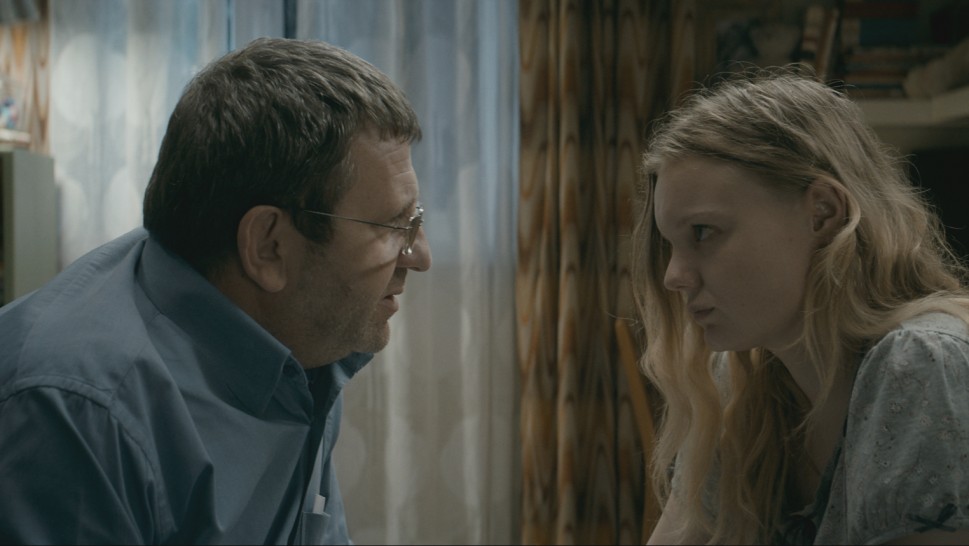
Romanian Cinema Now
The dream of a truly political cinema embraced by Jean-Luc Godard’s and Jean-Pierre Gorin’s Wind from the East (1970) would assume intriguing new shapes two decades later. After the fall of the Wall, signs of life from Eastern European countries enriched world cinema, above all with their excavations of stories long silenced or censored. Together with fellow artists from countries in the former Soviet Union and Yugoslavia, Romanian filmmakers distinguished themselves at international festivals, with the ultimate seal of approval arriving when Cristian Mungiu’s 4 Months, 3 Weeks and 2 Days won the Palme d’Or at Cannes in 2007. Romanian spectators were taken aback, puzzled and irritated by the enthusiastic international recognition for this cinema’s grim portraits of their country’s grief. Western viewers applauded these exercises in communist memory and post-communist recovery, extolling their intricate mise-en-scène, the occasional use of black-and-white, the ambitious widescreen or return to the Academy ratio of earlier cinema, and especially the often spine-tingling orchestration of the long-take.
The energies that gave rise to this Romanian New Wave in the first two post-Wall decades have not abated. Indeed, the creativity, thematic and formal, of an increasingly diverse group of filmmakers has produced a continuing array of noteworthy features. The films selected for this series bear the signatures of strong individual figures and, together, yield a compelling and surprisingly coherent larger picture. Despite a strained national economy, official corruption, and an ever-fraught political situation, contemporary Romanian cinema continues to flourish. It is a testament to the vitality of the contemporary Romanian cinema that it keeps finding new powerful stories beyond the so-called frame of miserabilism and the ever-present corrupted bureaucracy. If they are present in the background of such features as One Floor Below (Radu Muntean), Graduation (Cristian Mungiu) or Pororoca (Constantin Popescu), there is no opportunism at work here in these tableaus of dark days and hard times. Instead, the filmmakers probe their protagonists’ moral dilemmas, difficult choices, and often harsh endings, plunging into thoughts and feelings, while avoiding psychology (à la Bresson), by deftly shifting points of view, alternating claustrophobic interior shots with sweeping panoramas of towns and villages that no longer reflect the pre-modern traumatism of communism, but rather the conflicting priorities of a fledgling European Union country. These films find an initial acme in Corneliu Porumboiu’s 2009 Police, Adjective, a work that sets the stage for existentialist dramas determined by a policing apparatus. As a body, they constitute strong cinematic interventions reminiscent of both Dostoevsky and Kazuo Ishiguro, providing revealing and disarming cultural dialogues that have become a key component in this national cinema’s international success.
With their playful storylines and light spirit, the latest two features by Corneliu Porumboiu figure as portraits of a nation in which family life is central. Reading bedtime stories steeped in Romanian folklore and history or The Adventures of Robin Hood (The Treasure, Corneliu Porumboiu) is just as valid a narrative engine as preparing for a family funeral (Sieranevada, Cristi Puiu). These detached and kaleidoscopic visions define and redefine the family’s status, be it as a micro- or a macro-community. Intimate and introspective concerns, nonetheless, remain on view in the rich tapestry that is contemporary Romanian cinema. Leading a strong cohort of women filmmakers is Adina Pintilie, whose genre-defying exploration of intimacy and sexuality earned her the Golden Bear at last year’s Berlinale. Pintilie’s Touch Me Not (2018) is a film about the body, our perception of our own bodies and our perception of others as bodies. The aforementioned introspective exercises coalesce in a filmic universe far removed from the haunted venues of the communist past. More than other contemporary productions by fellow Romanian filmmakers, Touch Me Not focuses on a topic that is both personal and universal, precisely by exploring so closely the physicality of human being.
And then there is the prolific, original and irreverent Radu Jude who takes on sacred cows and does so with the greatest of glee. Perceived as critiques of contemporary Romania’s economic and social inequalities, his films allegorize historical taboos. From the brutality of anti-Roma violence in the 19th century Principates that would later become Romania (Aferim, 2014) to his take on Romanian Holocaust denial in the most recent ‘I Do Not Care If We Go Down In History as Barbarians,’ Jude’s cinema offers a heady blend of formal precision and authorial outspokenness. Among the sophisticated auteurs represented in this series, Jude stands out as the most unapologetic intellectual. He takes his place in a dynamic group of filmmakers well-versed in film history, past and present, and, as a legacy of the French New Wave, intensely well-read. For all their strength and maturity, these films stand out above all by dint of their intense cinematic intuition. New Romanian Cinema provides various forms of enrichment and above all, food for thought. – Codruţa Morari, Associate Professor of Cinema & Media Studies and French Chair, Cinema & Media Studies, Wellesley College
